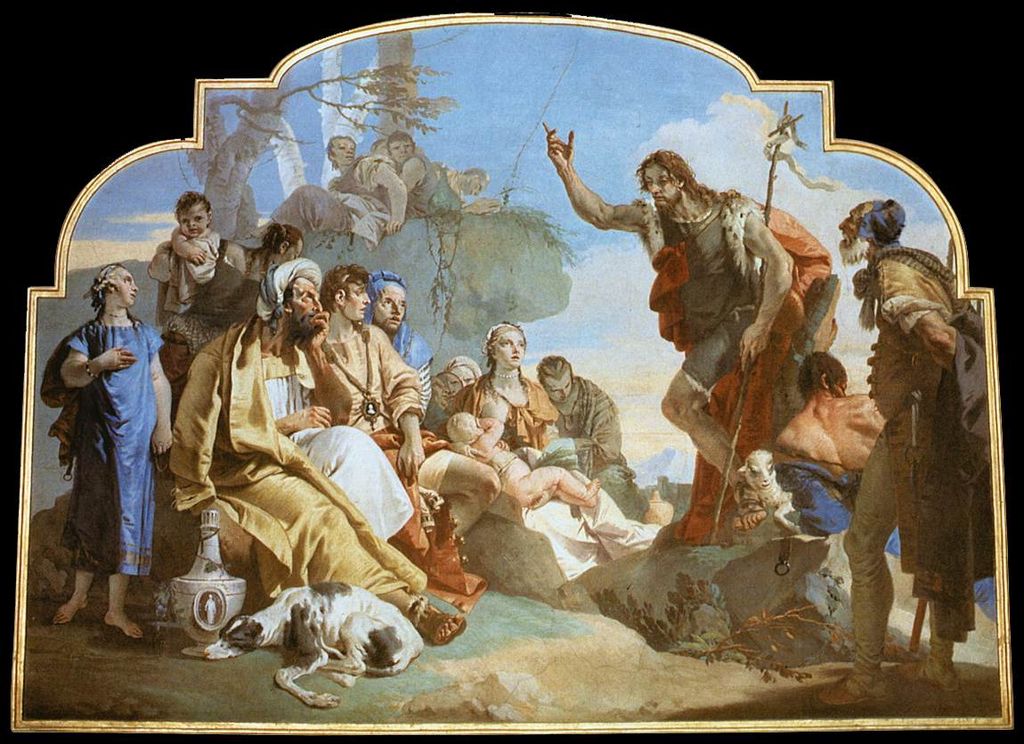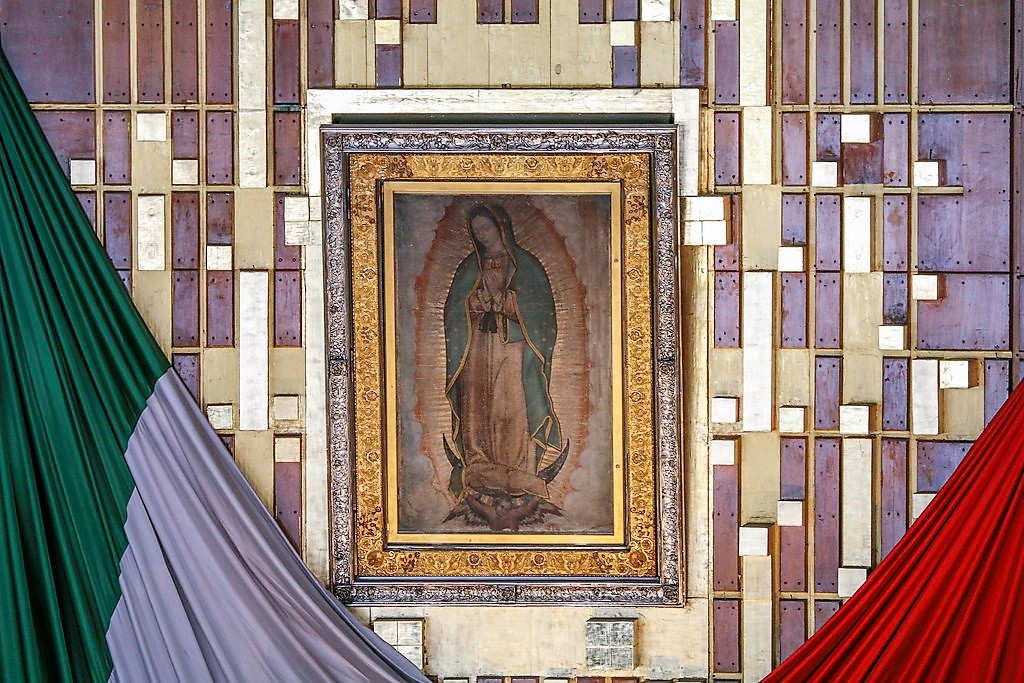TODAY’S ADVENT REFLECTION FOR THE 3rd MONDAY OF ADVENT, 2016
Today is especially joyful. We are celebrating the Third Week of Advent, which begins with Gaudete (Rejoice) Sunday. We celebrate that we are drawing closer and closer to the momentous celebration of the birth of our Lord Jesus Christ. The Church is especially joyful today, the Feast of Our Lady of Guadalupe.
In today’s Gospel, we recall the Annunciation: the angel Gabriel announcing to Mary that God has found favor with her, and asks that she bear a son, Jesus. Her response is very human: “How can this be?!” She is a virgin. How can she possibly be pregnant, let alone with the Son of God, the Messiah?
In 1531, Mary appeared to a poor Aztec Indian, Juan Diego. Her message to him? That she wished for a church to be built on the hill where she appeared. Certainly, St. Juan Diego must have thought, “How can this be? How is it that my Mother appears to me? How can I, a poor man, build a church?”
When Juan Diego, ever obedient, went to the bishop and described what he had seen and what Mary asked, the bishop’s reaction was, “How can this be? How can the Mother of God appear to such a one as this?”
All three had legitimate questions. Mary was willing to accept what the angel told her – even though it was beyond human understanding. Over 1500 years later, Mary received the same question from Juan Diego. His obedience reflected hers however; Juan Diego believed his Heavenly Mother, despite the unbelievable task she set before him. And while we might scoff at the bishop for not believing Juan Diego, no bishop can lead his people astray by giving credence to what could possibly be the delusions or imaginings of a person, no matter how pious that person may seem to be. He truly needed his question answered.
In this season of Advent, we do well to reflect on the question, “How can this be?” How can it be that God – the Alpha and Omega, He Who was, Who is and is yet to come, the Creator of the Universe – can come to us in the beautiful but quite ordinary form of a baby? How can it be that this infant, as an adult, could give us His very body and blood as food for our spiritual journey? We can even ask ourselves, how can it be that God has brought me to this spot, this place of belief, this place of darkness and light, this Advent?
How can this be?
How can a young unwed Jewish girl bring forth from her womb the Son of God? How can a poor Aztec man, who owned little more than the tilma on his back, see the Blessed Mother and obediently do as she asks? How can a learned bishop be brought to his knees by the mysterious image of the Blessed Mother on this poor man’s tilma? How can this be? These things can only be with faith, hope and love.
It is faith that allowed Mary to assent to the unbelievable request of God. It is faith that spurred Juan Diego to relay the Blessed Mother’s request to the bishop. And it was faith that brought the bishop to his knees. Mary’s hope was that God – regardless of the circumstances – was going to lead her. The Lady that appeared to Juan Diego and called him “dear son” filled him with hope that he could indeed deliver this Heavenly message. And it was hope that moved the bishop to preserve the tilma, with its image of the Blessed Mother, and begin the task of building the church she asked for. It was love that allowed Mary to say, “Be it done unto me according to Your will,” for she knew that God loved her first. Love of his Mother gave Juan Diego courage to return to the bishop’s residence again and again with his task. And love it was that allowed the bishop, with the evidence of Juan Diego’s message in front of him, to embrace His Mother, the same Mother as Juan Diego’s, and to follow her request.
How can this be? That is the question of the season of Advent, a season of anticipation and wonder, of questioning and of delight. How can this be? It all can be, because God gives us faith, stirs up in us hope, and loves us beyond all measure.
[Throughout the 2016 Advent season, we will be bringing you posts from a variety of writers. Our hope is that each of these will be a meaningful way for you to slow down, pray well, and prepare for the coming of our Lord. Today’s blogger is Elise Hilton, who regularly writes the“Living the Good News” blog for Diocesan Trinity Publications. Hilton is a writer, speaker and former educator, who now serves in the Marketing & Communications Department for Diocesan Trinity Publications. She is also an avid reader, wife, mom of five and passionate about music.]
 As Diocesan Publications’ Solutions Evangelist, Shultz is committed to showing parish and diocesan staffs how to use our communication tools to their best advantage. As an experienced speaker on all things Catholic, he has addressed topics such as the Sacraments, chastity, and boldly living the Catholic faith. Shultz also served as director of youth and young adult ministries for the Diocese of Baker, OR.
As Diocesan Publications’ Solutions Evangelist, Shultz is committed to showing parish and diocesan staffs how to use our communication tools to their best advantage. As an experienced speaker on all things Catholic, he has addressed topics such as the Sacraments, chastity, and boldly living the Catholic faith. Shultz also served as director of youth and young adult ministries for the Diocese of Baker, OR. 

 Edward A. Morse if a professor of law at Creighton University. He says, “My wife and I have five children. Two are Creighton alumni, two are Creighton students, and one is still at home with us. We live on the farm on which I was raised and continue to help operate part of it. These agrarian roots influence our lives in various ways, and sometimes that influence can be seen in these reflections.” [This reflection is used with permission from Creighton University’s Online Ministries.]
Edward A. Morse if a professor of law at Creighton University. He says, “My wife and I have five children. Two are Creighton alumni, two are Creighton students, and one is still at home with us. We live on the farm on which I was raised and continue to help operate part of it. These agrarian roots influence our lives in various ways, and sometimes that influence can be seen in these reflections.” [This reflection is used with permission from Creighton University’s Online Ministries.]
 Today’s guest blogger is Michael Kavan, currently the Associate Dean for Student Affairs at Creighton University School of Medicine. He is also a psychologist and a Professor of Family Medicine and Professor of Psychiatry. A faculty member at Creighton since 1988, Kavan teaches classes on a variety of topics related to behavioral medicine, depression, anxiety, and interviewing skills for medical students and residents. He also practices psychology at a family medicine clinic.
Today’s guest blogger is Michael Kavan, currently the Associate Dean for Student Affairs at Creighton University School of Medicine. He is also a psychologist and a Professor of Family Medicine and Professor of Psychiatry. A faculty member at Creighton since 1988, Kavan teaches classes on a variety of topics related to behavioral medicine, depression, anxiety, and interviewing skills for medical students and residents. He also practices psychology at a family medicine clinic.
 Amy Oatley is a wife, mother, and Secular Franciscan (OFS), passionate about social justice, advocating for the dignity of every human life. She encounters Christ through Prison and Jail Ministry in the Diocese of Grand Rapids and as a Sidewalk Advocate for Life. A journalist for the past thirty years, she is currently a freelance writer for FAITH Magazine and works at St. Thomas the Apostle Parish. Her home parish is Our Lady of Consolation in Rockford, Michigan.
Amy Oatley is a wife, mother, and Secular Franciscan (OFS), passionate about social justice, advocating for the dignity of every human life. She encounters Christ through Prison and Jail Ministry in the Diocese of Grand Rapids and as a Sidewalk Advocate for Life. A journalist for the past thirty years, she is currently a freelance writer for FAITH Magazine and works at St. Thomas the Apostle Parish. Her home parish is Our Lady of Consolation in Rockford, Michigan.
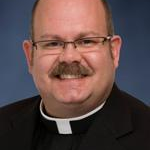 Fr. Ron Hutchinson
Fr. Ron Hutchinson
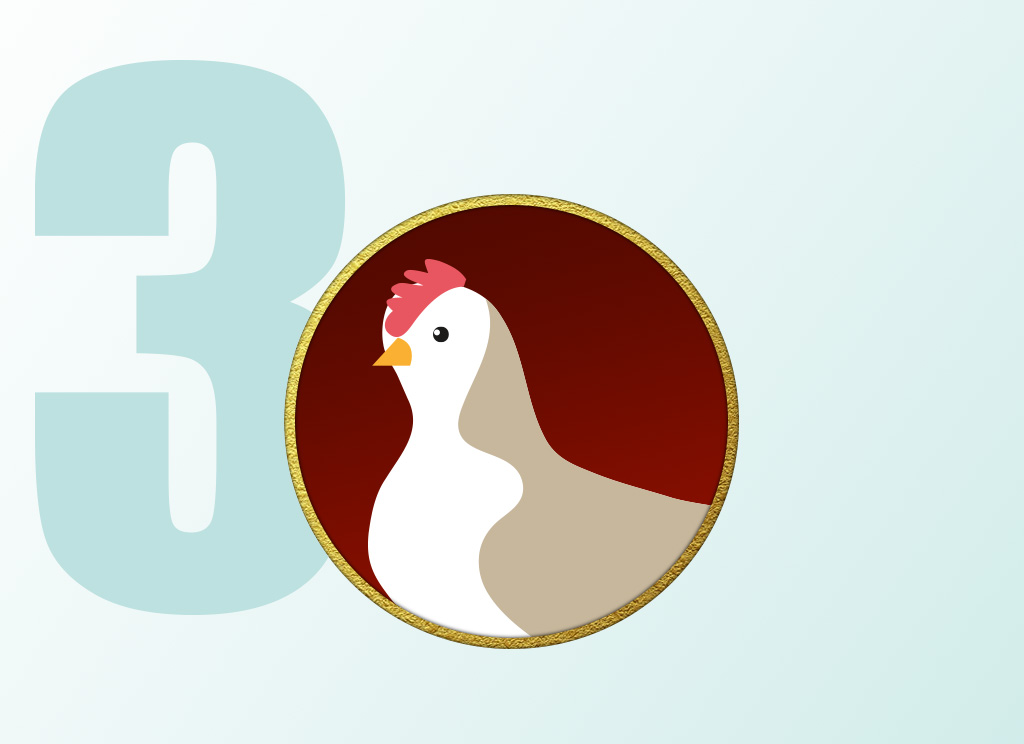
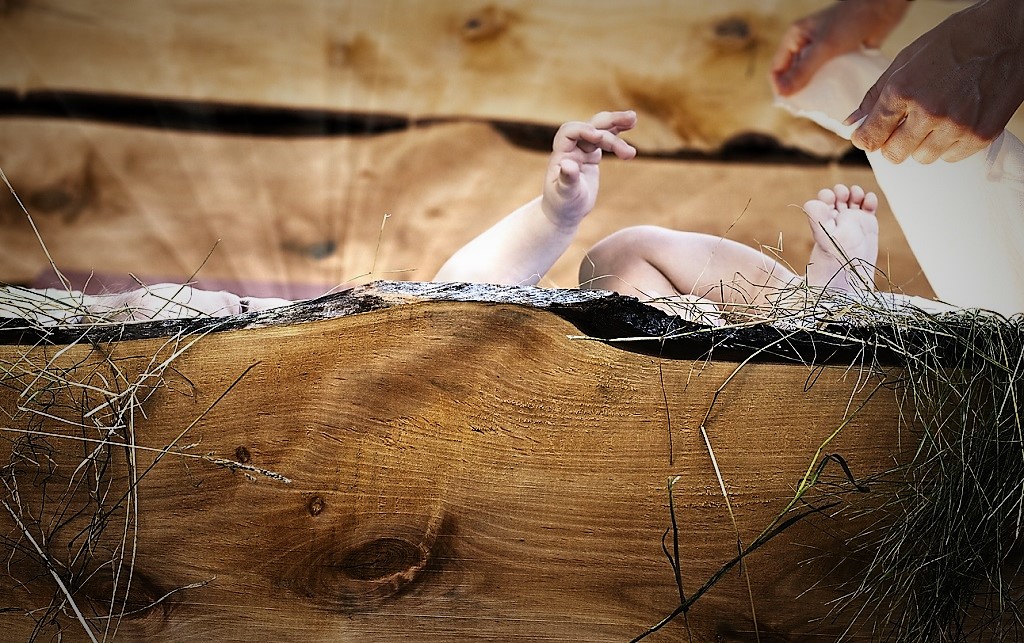
 Chris Stefanick is an internationally acclaimed author and speaker, who has devoted his life to inspiring people to live a bold, contagious faith. Archbishop Charles J. Chaput, OFM Cap calls Chris, “one of the most engaging young defenders of the Christian faith on the scene today.” Chris is also the founder of Real Life Catholic, a Denver-based non-profit which operates as the headquarters for Chris’s various initiatives. Above all, Chris is proud to be the husband to his wife Natalie and father to their six children. To learn more about Chris’s work, please visit:
Chris Stefanick is an internationally acclaimed author and speaker, who has devoted his life to inspiring people to live a bold, contagious faith. Archbishop Charles J. Chaput, OFM Cap calls Chris, “one of the most engaging young defenders of the Christian faith on the scene today.” Chris is also the founder of Real Life Catholic, a Denver-based non-profit which operates as the headquarters for Chris’s various initiatives. Above all, Chris is proud to be the husband to his wife Natalie and father to their six children. To learn more about Chris’s work, please visit: 